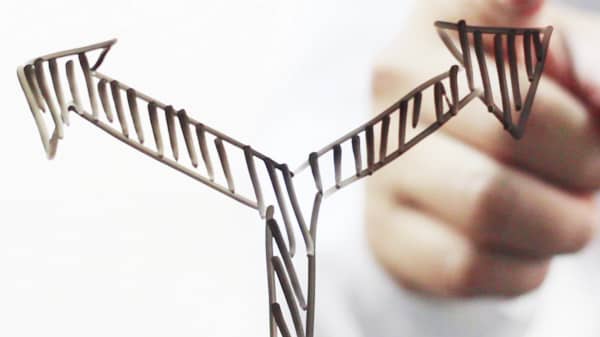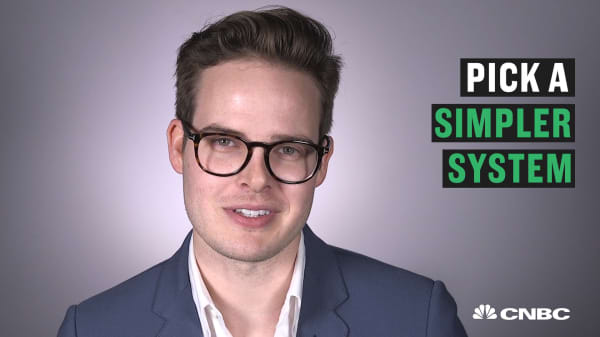As Congress gets ready to consider Trump's tax plan, I have no doubt that a group of junior staffers is huddled in the basement of the Rayburn House Office Building, whiteboarding potential names for the House bill.
You see, a bill's name means everything in the early messaging days. Who could forget Republicans' efforts to rebrand the ACA as "Obamacare"? Or Democrats renaming young, undocumented workers as "Dreamers"?
Let me save everyone some time: Let's just call it the Mar-a-Lago Supplemental Assistance Act.
On paper, Trump's tax plan looks good for someone like me — the founder of a fast-growing, private media company, whose team brought in $20 million in revenue last year and is on track to nearly double it this year. Frankly, I stand to save a lot of money.
But I'm against it.
Why would I be against a plan that would pad my own personal bank account and save my company money? Let me explain.






